Drafting Workshop in Discrete Mathematics and Probability 2026
Description
Several postdoc positions are available in Budapest in various research groups in discrete mathematics and probability theory. The research groups are listed below.
To make the application process more efficient and joyful, we are organizing a drafting workshop for young researchers interested in these positions, with the dates January 19-21, 2026, at the Rényi Institute.
The participants of the workshop can present their work in a research talk, learn more about the research environment in Budapest, meet the heads and members of the research groups in person and in case of a perfect matching, get an offer on the spot.
The application due date is December 15th.
The workshop is invitation based. We can cover the accommodation of successful applicants and there is limited funding for travel expenses. If you need travel funding, let us know in your application.
Qualified female candidates and candidates from underrepresented groups are encouraged to apply.
Application under the following link:
RESEARCH GROUPS:
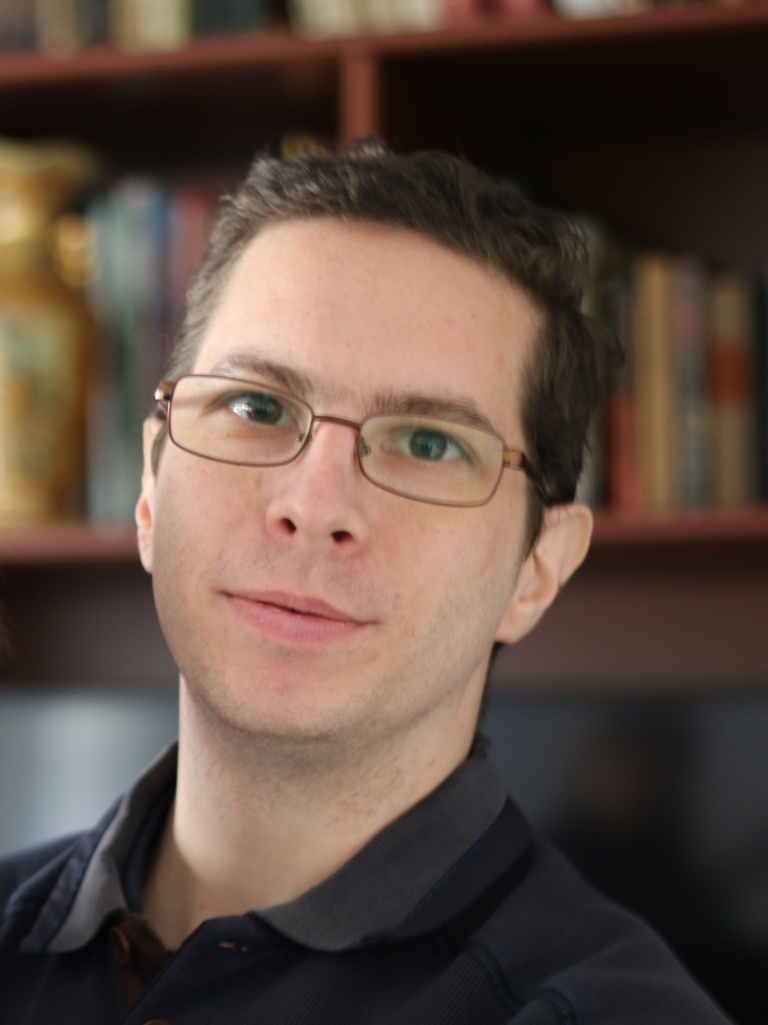 Counting in Sparse Graphs Research Group
Counting in Sparse Graphs Research Group
Head: Péter Csikvári, Alfréd Rényi Institute of Mathematics
E-mail address: csikvari.peter@renyi.hu
We aim to study approximate counting problems of combinatorial objects of a given graph besides restricted information. This general framework includes counting matchings, independent sets, colorings given the degree sequence or local statistics or may be the whole graph as an input. The project is many faceted, it has combinatorial, algorithmic, algebraic, analytic, probabilistic, statistical physical sides, but a good understanding of basic graph theory is required.
Quantum Algorithms and Stochastic Processes Research Group
Head: András Gilyén, Alfréd Rényi Institute of Mathematics
E-mail address: gilyen.andras@renyi.hu
We study quantum algorithms and complexity, with a recent focus on stochastic quantum processes related to Glauber and Metropolis dynamics, and more generally quantum walks and quantum linear algebra methods (quantum singular value transformation and the block-encoding framework) with application in optimization and related fields.
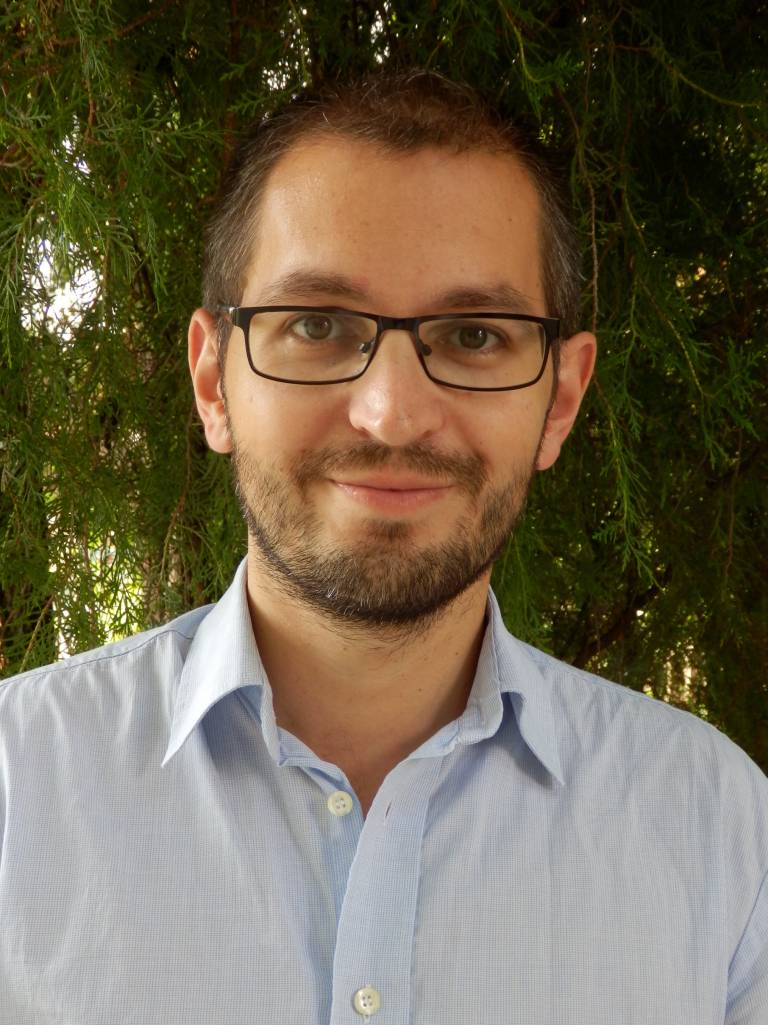 Arithmetic Combinatorics Research Group
Arithmetic Combinatorics Research Group
Head: Péter Pál Pach, Alfréd Rényi Institute of Mathematics
E-mail address: pachpp@renyi.hu
Our aim is to introduce novel methods to solve problems of various types from Arithmetic Combinatorics. We particularly concentrate on developing techniques built on (linear) algebraic grounds like the slice rank method. A central question to be investigated is the following: What is the largest possible size of a k-AP-free subset of \(\mathbb{Z}_{p}^{n}\) ?
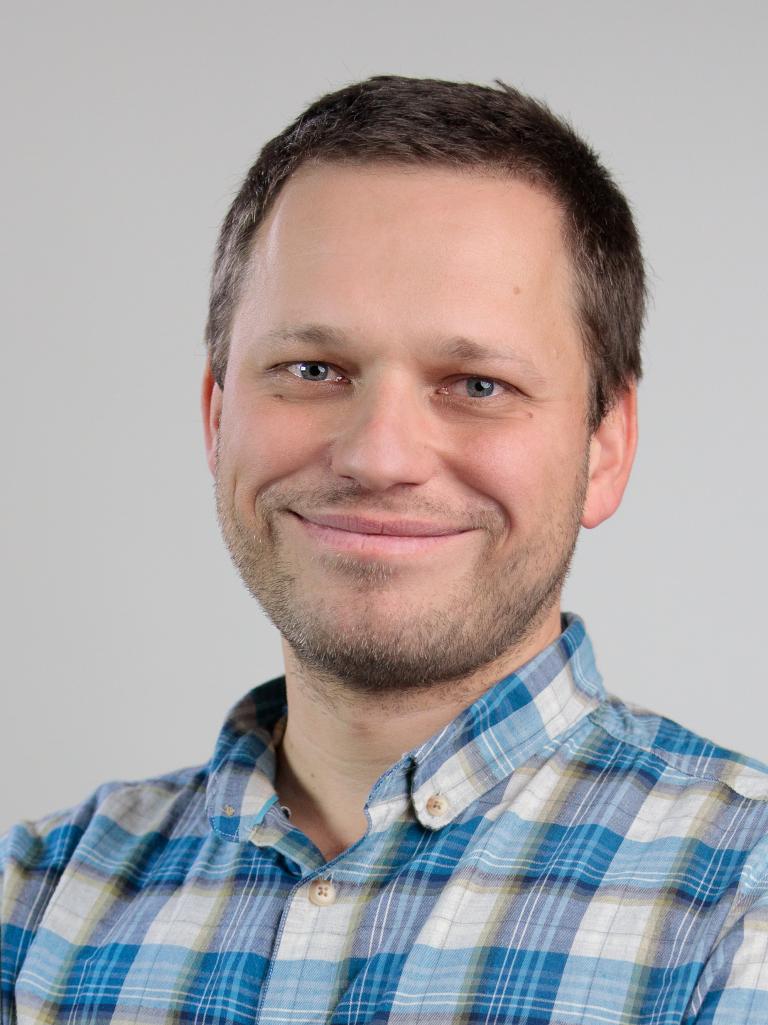 Critical Random Systems Research Group (Dynasnet)
Critical Random Systems Research Group (Dynasnet)
Project Leader: Gábor Pete, Alfréd Rényi Institute of Mathematics
E-mail address: pete.gabor@renyi.hu
We study (near-)critical random systems in a variety of settings: conformally invariant planar processes, group-invariant processes on Cayley graphs, processes on random graphs. Topics include percolation processes, mixing time, and noise sensitivity questions for the Glauber dynamics of spin systems, random walks in static and dynamic random environments, and dynamically built random networks.
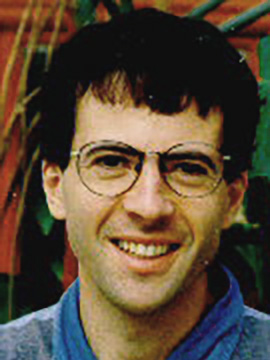 Effective Random Methods in Discrete Mathematics Reasearch Group
Effective Random Methods in Discrete Mathematics Reasearch Group
Head: Gábor Tardos, Alfréd Rényi Institute of Mathematics
E-mail address: tardos.gabor@renyi.hu
The probabilistic method, pioneered by Paul Erdős, can show the existence of combinatorial objects without hinting how to construct them effectively. Recent developments concerning the constructive version of Lovász Local Lemma (LLL) showed how to modify the probabilistic method to make it effective. We plan to concentrate on applications in combinatorics, measure theory, geometry, and cryptography.
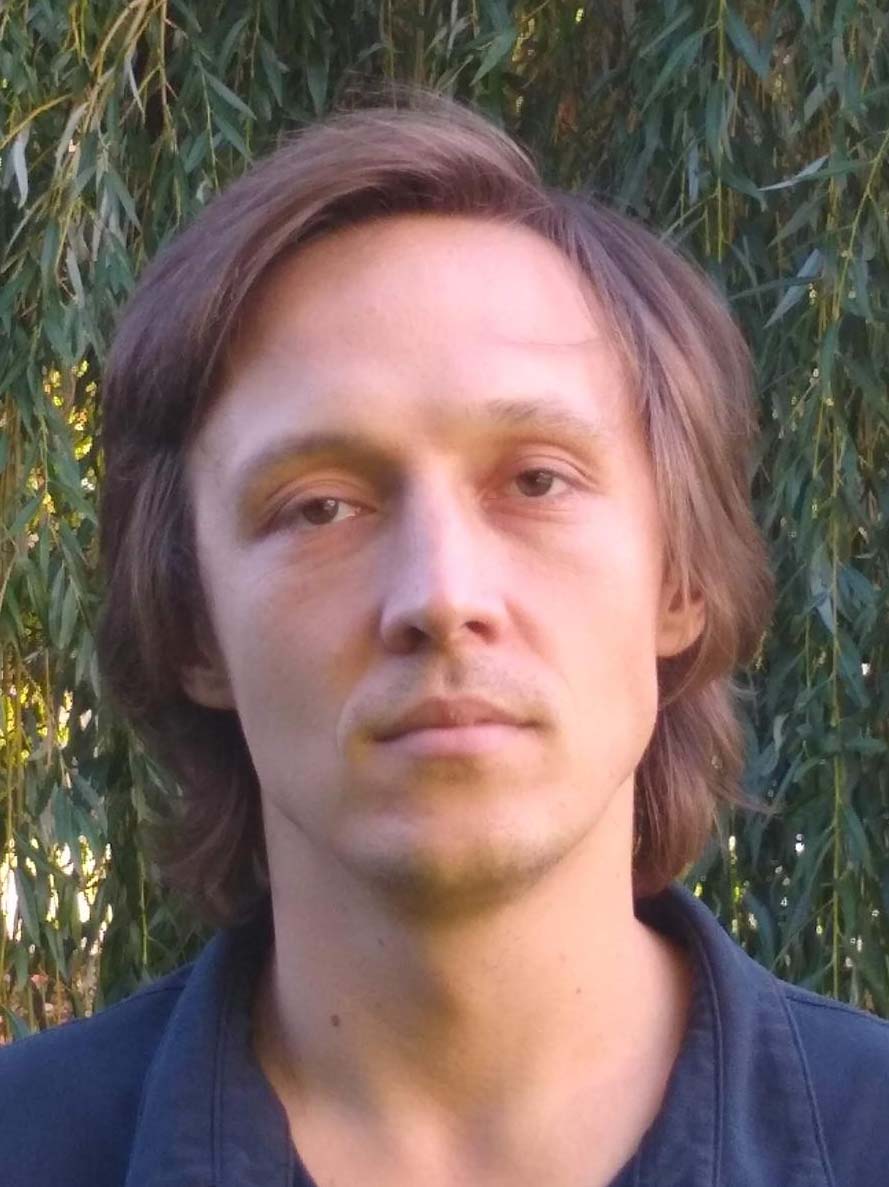 Borel Combinatorics and Complexity Research Group (Eötvös Loránd University)
Borel Combinatorics and Complexity Research Group (Eötvös Loránd University)
Head: Zoltán Vidnyánszky, Eötvös Loránd University
E-mail address: vidnyanszkyz@protonmail.com
Our research group investigates infinite graphs and their combinatorial properties, but, instead of the measurability requirement typically present in the case of graphons/graphings, we consider definable (e.g., Borel) graphs and chromatic numbers. It turns out that there are numerous connections of these objects to computational complexity and distributed computing.
